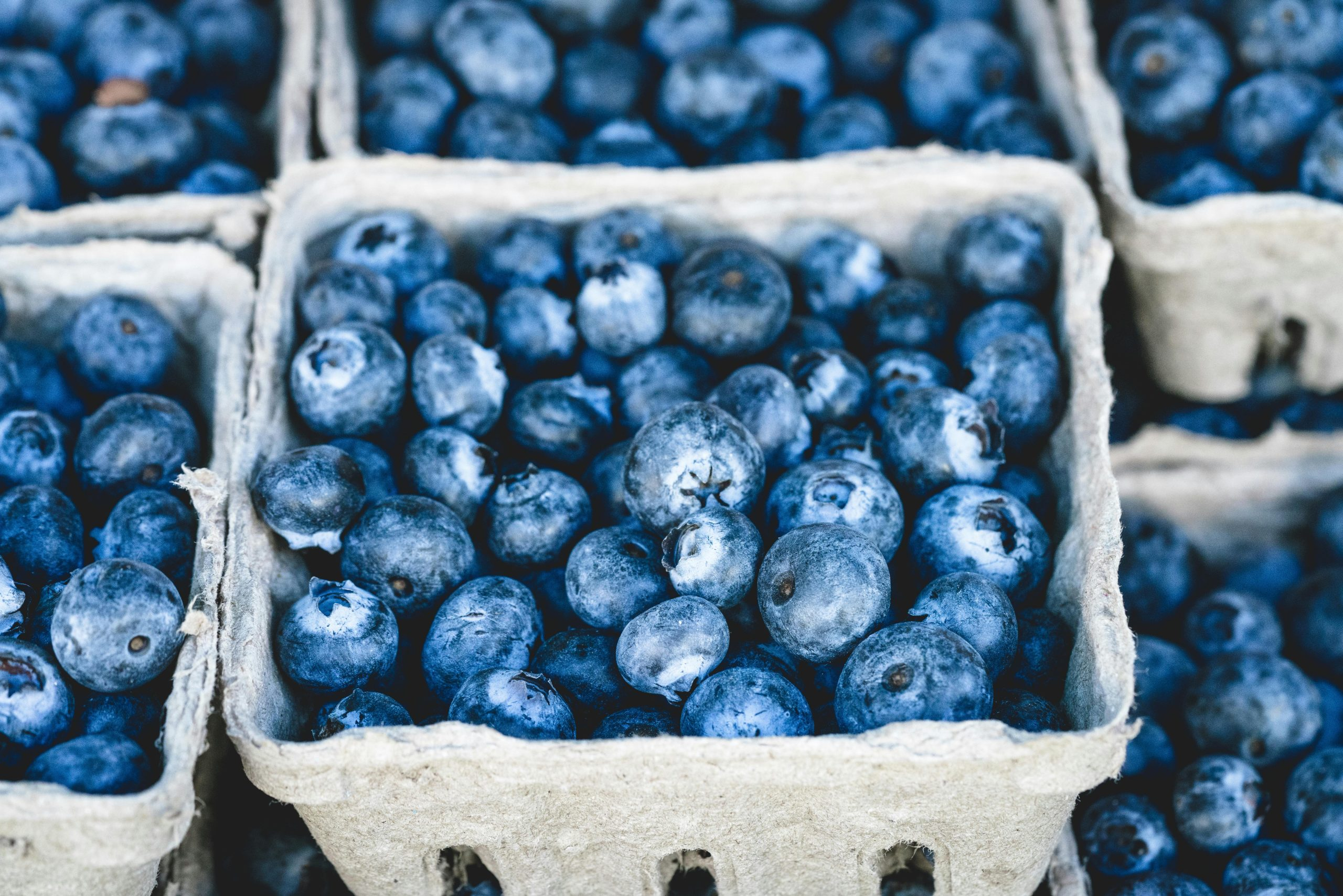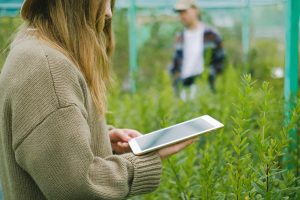AI-Driven Food Companies that thrive in the current market
In today’s fast-paced world, the food industry is constantly evolving and businesses are always looking for ways to gain a competitive edge. One of the biggest innovations that has transformed the food industry is the integration of Artificial Intelligence (AI) technology. AI has disrupted the traditional way of doing business and has opened up new growth opportunities for food companies. In this article, we will explore how AI-driven food companies are thriving in the current market and the ways in which this technology is revolutionizing the food industry.
What is AI and How is it Used in the Food Industry?
AI is a branch of computer science that deals with creating intelligent machines that can perform tasks that usually require human intelligence. In the food industry, AI has been integrated into a variety of processes, ranging from production to supply chain management. Artificial intelligence algorithms can analyze large amounts of data and provide valuable insights that can be used to make strategic decisions. This has significantly improved the efficiency and profitability of food companies.
Optimizing Supply Chain Management
The supply chain is a critical aspect of the food industry, and AI has greatly improved its management. With the help of AI and machine learning algorithms, companies can predict demand, optimize inventory levels, and improve the overall efficiency of their supply chain. This has enabled food companies to reduce waste, cut costs, and minimize delivery times, leading to a more streamlined and sustainable supply chain.
Personalizing the Customer Experience
AI has also been used to improve the overall customer experience in the food industry. With the rise of e-commerce and food delivery services, AI-driven chatbots and virtual assistants have become increasingly popular. These technologies use natural language processing and machine learning to communicate with customers and provide personalized recommendations based on their preferences and previous orders. This has not only enhanced the customer experience but also increased customer loyalty and retention.
Improving Food Safety and Quality Control
Food safety and quality control are crucial aspects of the food industry, and AI has greatly improved these processes. Artificial intelligence algorithms can analyze and detect any variations in food production, packaging, and storage, ensuring that the food meets the required safety and quality standards. This has not only increased consumer trust but also reduced the risk of food recalls and wastage.
The Rise of AI-driven Food Companies
The use of AI technology has given rise to a new breed of food companies, commonly referred to as “food tech” companies. These companies are utilizing AI to provide innovative solutions to the food industry, creating new business models and disrupting the traditional way of doing business. Some of the most successful AI-driven food companies in the current market include:
Mosa Meat
Mosa Meat is a Dutch company that has revolutionized the meat industry by using AI and tissue engineering to produce lab-grown meat. This sustainable and cruelty-free method of meat production has the potential to significantly reduce the environmental impact of traditional meat farming.
Datassential
Datassential is a US-based company that uses AI and machine learning to analyze food trends and consumer behavior. Their insights have helped food companies to develop new products and marketing strategies that cater to the ever-changing preferences of consumers.
Impossible Foods
Impossible Foods is a California-based company that uses AI and plant-based ingredients to create meat substitutes that look, taste, and even “bleed” like real meat. Their products have gained widespread popularity, especially among environmentally-conscious consumers.
The Future of AI in the Food Industry
As technology continues to advance, the role of AI in the food industry will only continue to expand. Some experts predict that in the near future, AI will play a major role in farm management, seed breeding, and even cooking. With the growing demand for sustainable and personalized food options, AI-driven food companies will continue to thrive and transform the food industry.
In conclusion, the integration of AI technology in the food industry has led to increased efficiency, profitability, and innovation. By leveraging the power of AI, food companies can cater to the ever-changing demands of consumers and stay ahead of their competitors. The future of the food industry is undoubtedly intertwined with AI, and it is an exciting time for both businesses and consumers alike.






